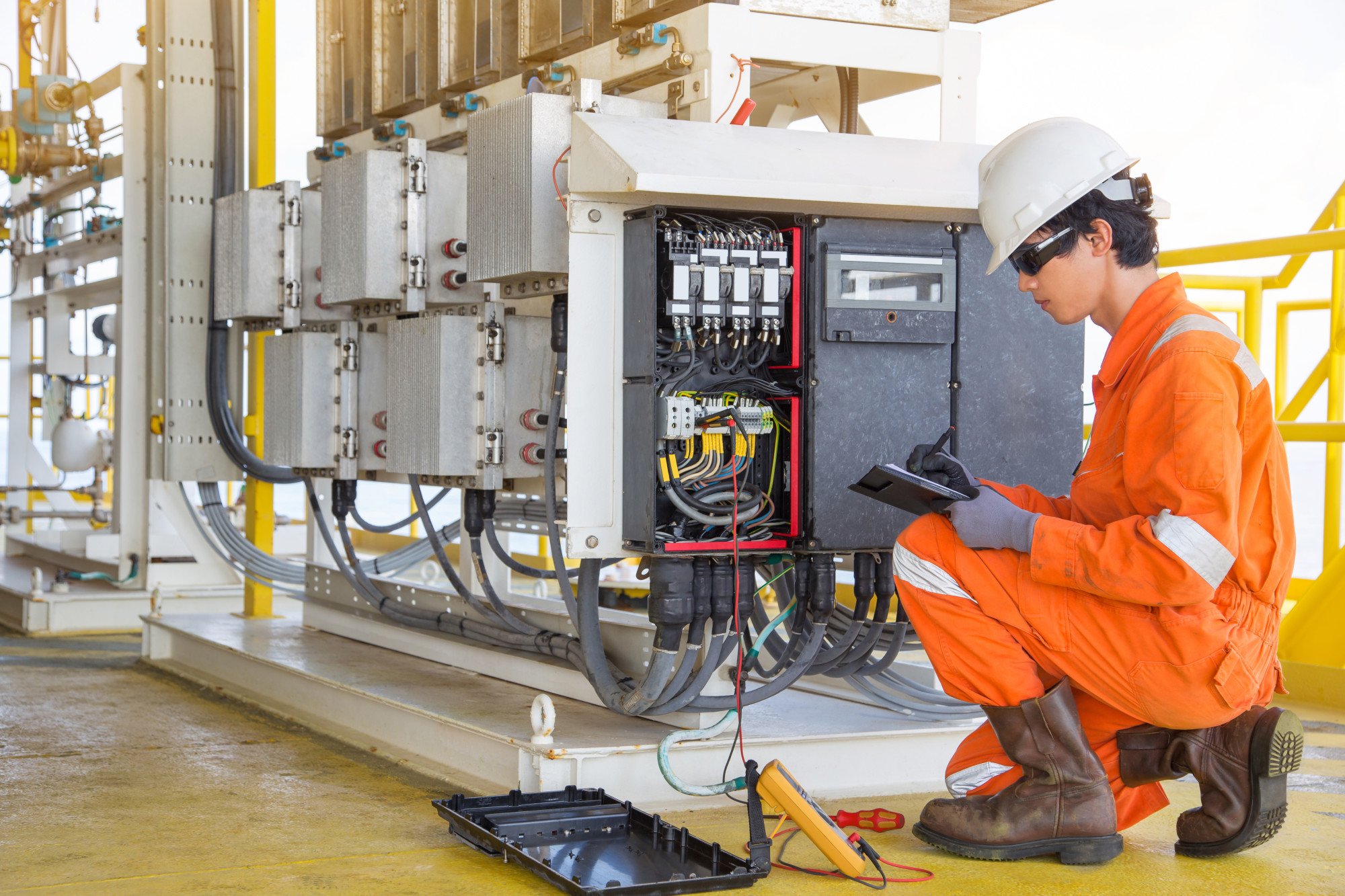
The size of the global generator market is anticipated to reach $2.3 billion by 2028, growing at a 6.5% CAGR between 2021 and 2028.
A generator is an excellent choice for a backup power source for your electronics and appliances. It is commonly used to ensure reliable emergency backup power for their homes.
You may have just recently added a check-in generator to your list of home appliances. But have you familiarized yourself with your machine?
It’s well worth the effort to understand your generator, how it operates, and what kind of upkeep it requires. Regular generator servicing keeps your backup generator in top condition so there are no surprises when a power failure hits.
Here’s how to always be prepared for an important check-in servicing session with your generator.
Why Generator Servicing Matters?
Generator servicing is a crucial aspect of ensuring uninterrupted and efficient power supply. It helps to ensure the following:
Ensures Reliability
Generators are usually designed to kick into action during power outages, but what if they don’t? A lack of servicing can lead to unexpected breakdowns, leaving you in the dark when you need power the most.
Regular servicing helps identify and address potential issues before they become critical. It will ensure that your generator remains dependable.
Extends Lifespan
Just like any machine, generators have a finite lifespan. However, with proper servicing, you can extend its life. Regular generator maintenance prevents wear and tear, corrosion, and other factors that can shorten its lifespan.
Saves Money in the Long Run
Ignoring regular servicing can result in breakdowns and costly repairs in the long run. When a generator is not properly maintained, it can lead to complete failure. This can not only be a major inconvenience but also result in financial setbacks.
By having regular servicing, potential problems will be completely resolved. This not only ensures that the generator continues to function smoothly but also helps in avoiding expensive repairs.
Promotes Safety
Generators produce electricity, and if not maintained, they can become safety hazards. Leaking fuel, faulty wiring, or carbon monoxide emissions are all potential risks that servicing can address. Ensuring your generator is in good condition is crucial for the safety of your family or employees.
How Often Should You Service Your Generator?
The frequency of generator servicing depends on several factors, including the generator’s type, usage, and environmental conditions. Here’s a general guideline:
Residential Generators
The frequency of service depends on the type and usage of the generator. However, a general rule of thumb is to have it serviced every 6 months to a year. This includes checking and changing the oil, filters, and spark plugs, as well as cleaning and inspecting the unit for any potential issues.
Commercial Generators
Experts recommend that you service your commercial generator at least twice a year. However, the frequency of servicing may also depend on the type of generator and its usage. If your generator runs for extended periods or is used in harsh weather conditions, then it may need more frequent servicing.
Neglecting to service your generator can result in unexpected breakdowns. Therefore, it is crucial to adhere to a regular servicing schedule to keep your generator running at its best.
Portable Generators
Service your portable generator at least once a year or after every 100 hours of use, whichever comes first. It will ensure that the generator is functioning at its optimal level and will prolong its lifespan.
The frequency of servicing may also depend on the type of generator and its usage. If the generator is being used in harsh conditions or for extended periods, it may require more frequent servicing.
Don’t wait for the next power outage to discover more about these generators’ importance. Make generator servicing a priority, and you’ll reap the benefits of a reliable and cost-effective backup power solution.
Ensure a reliable backup power solution through generator servicing. Discover more about these generators and make an informed choice to safeguard your power needs depending on the type of generator.
What Does Generator Servicing Involve?
Generator servicing is a comprehensive process that covers various aspects to guarantee optimal generator performance. Here are some of the key components:
Inspection
The first step in generator servicing is a thorough inspection. This involves a visual examination of the generator’s exterior, looking for signs of wear and tear, leaks, or damage.
Technicians also inspect the control panel and wiring to ensure everything is in order. Regular inspections help identify potential issues early, preventing costly repairs down the road.
Fuel Checks
Generators are often powered by either diesel or natural gas. Fuel quality is critical for their performance. During servicing, technicians check the fuel quality and stability. It will ensure it won’t clog filters or damage the engine.
Load Testing
Load testing is a crucial part of generator servicing. It involves simulating the generator’s full load to confirm that it can handle the power demands when needed.
This test ensures that the generator can provide the required electricity without issues or overload. It’s a critical step in guaranteeing the generator’s reliability during power outages.
Electrical System Check
The electrical system of a generator, including the alternator and wiring, must be in excellent condition. Technicians inspect the electrical components for signs of wear, corrosion, or loose connections. Proper functioning of the electrical system is vital to prevent power fluctuations and damage to connected appliances.
Fuel System Inspection
In addition to fuel quality checks, the entire fuel system undergoes a comprehensive inspection. This includes fuel cleaning, injectors, and the fuel pump for any damage or leaks. Any issues found are promptly addressed to prevent fuel-related problems that could compromise the generator’s operation.
Exhaust System Examination
Generators produce exhaust gases that must be safely vented to the outside environment. During servicing, the exhaust system is thoroughly examined to ensure there are no blockages or leaks. Proper exhaust system maintenance is vital for the safety of the generator and its surroundings.
Battery Check
Most generators have a battery that starts the engine and powers the control system. Technicians check the battery’s voltage, connections, and overall health. Weak or faulty batteries can lead to starting problems and should be replaced promptly.
Learn More About Generator Servicing
In conclusion, regular generator servicing is crucial for maintaining its functionality and reliability. With this, you can ensure that your generator is always in top condition and ready to power your home or business.
Don’t wait for an emergency, and make a schedule today. Keep your generator running smoothly and never be caught off guard.
If you find this article helpful, be sure to read more by checking the rest of our website today.





